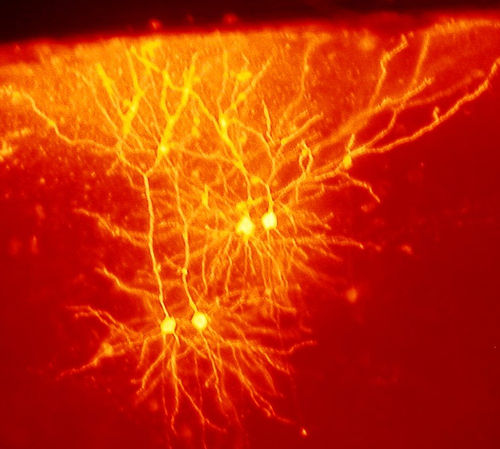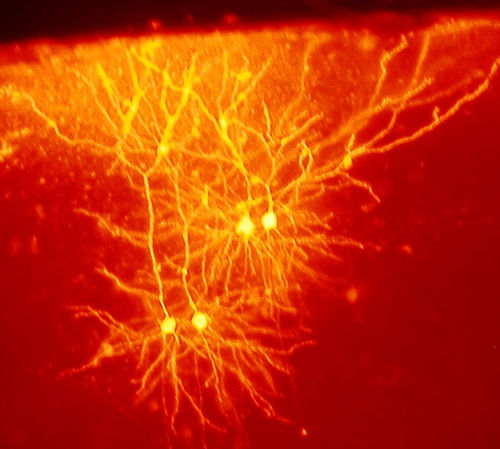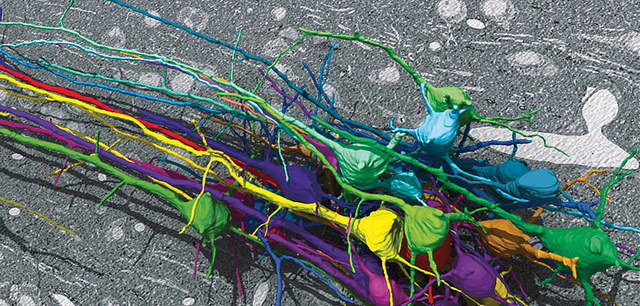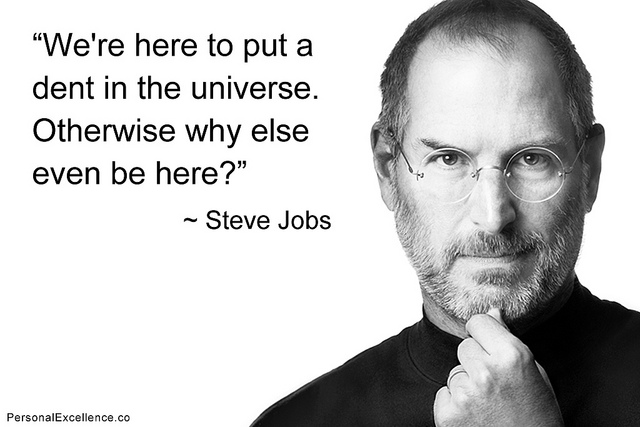blog
Lindsay’s article ‘Gold from Dust’ appears in Coaching at Work magazine May 2014. As coaching programmes proceed, the coach becomes conscious in sharper relief of the issues that are significant for their clients and begins to discern connections and patterns which inform the creativity of their approaches, the questions they ask and the challenges they pose. And the client often gives pointers to those issues in the first session that the coach may notice but may not attribute due importance to. The first session is rich and complex. It’s an Aladdin’s cave of gems.
To see a copy of the article click here or contact Lindsay directly here
Photo by Adam Evans via Compfight
Gold from Dust
Lindsay's article 'Gold from Dust' appears in Coaching at Work magazine May 2014. The client often gives pointers to their most significant issues in their first coaching session - and the coach may notice them but not attribute due importance to them. The first session is rich and complex. It’s an Aladdin’s cave of gems. To see a copy of the article click here if you're a subscriber to Coaching at Work or e-mail lw@lindsaywittenberg.co.uk to request a copy
Read more »Workshop on The Neuroscience of Wellbeing, Stress and Mindfulness
Tickets are sold out for the WittenbergEvans workshop on The Neuroscience of Wellbeing, Stress and Mindfulness in London on Thurs 19th June 2014
Read more »Executive coaching for leadership and self-leadership
Amongst all learning interventions, the developmental and transformational style of the best executive coaching can equip the leader to deliver leadership that creates a better organisation – and, some would say, a better world - sustainably, with integrity and with authenticity.
Read more »The Neuroscience of Wellbeing, Stress and Mindfulness
A workshop on ‘The Neuroscience of Wellbeing, Stress and Mindfulness’ will take place on Thursday, 19 June 2014 from 13:30 to 17:00 at the Gestalt Centre in London. It will interest coaches, trainers, consultants, HR professionals - indeed anyone who's managing, leading, facilitating or developing others, or providing a service. Neuroscience not only informs us how we - and others - tick, but it is also becoming increasingly recognised as a key tool in the development of high-impact leadership, employee engagement and the management of stress.
Read more »Lessons from neuroscience for learning and performance
Leaders who know how to optimise the conditions for their own and their people’s learning are going to maximise their chances of success for themselves and their organisations. Senior people – indeed anyone thinking about their career development – who build in the search for working environments and a career path that will maximise their learning opportunities is likely to also maximise their chances of fulfilment and therefore success. And those working across cultures or in multicultural environments who know how to maximise harmony, minimise conflict, bring a curiosity for learning and an attitude of acceptance are also going to be those most likely to develop aligned, creative, productive teams and minimise wasted effort.
Read more »Tripping on speed: leaders who want quick results
The pressure on senior people to work at speed risks disempowerment and threatens high-quality outcomes. Slowing down and reflecting, thus developing insight, can help enable them to create outcomes that are meaningful and sustained.
Read more »The neuroscience of wellbeing, stress and mindfulness
Our next neuroscience event, with academic researcher and qualified coach Dr Geoff Bird,will take place on Thursday 19th June 2014 13.30-17.00, and will explore the neuroscience of wellbeing, stress and mindfulness. Delegates to our workshops to date have included coaches, consultants, trainers, Learning and Development specialists, HR professionals and financial advisors. Further workshops (on the neuroscience of learning and performance and the neuroscience of leadership) - and a session on practical application, will take place during 2014 and early 2015.
Read more »Career strategy: purpose and meaning, values and strengths
New Microsoft CEO Satya Nadella has pinpointed meaning at work as a fundamental goal because that’s ‘what makes the best work happen’. In my career development coaching with executives and senior managers, questions of meaning and purpose, values and beliefs, drivers and obstacles, emotional awareness and a capacity to situate yourself in your systems, are core to career focus or refocus.
Read more »The coaching contract: what does it mean for the client?
Lindsay’s article on what really goes on in contracting has been published in Coaching at Work magazine, January-February 2014 issue. The article explores the fact that, especially for coaching clients new to coaching, the meaning of the contract only becomes clear once they're experiencing the coaching and its impact. Perhaps the contracting process itself would benefit from being more reflective.
Read more »The multi-generational workforce - and diversity of pace
In most organisations baby-boomers (and older) work alongside Generations X and Y. Their attitudes to pace can divide them: Xers and Yers often resist the idea of slowing down long enough to reflect while the baby boomers are more inclined to reflect. The generations are most effective when they’re aware of and respect others’ assumptions and world views - and coaches are most effective when they can enter the client’s world.
Read more »











